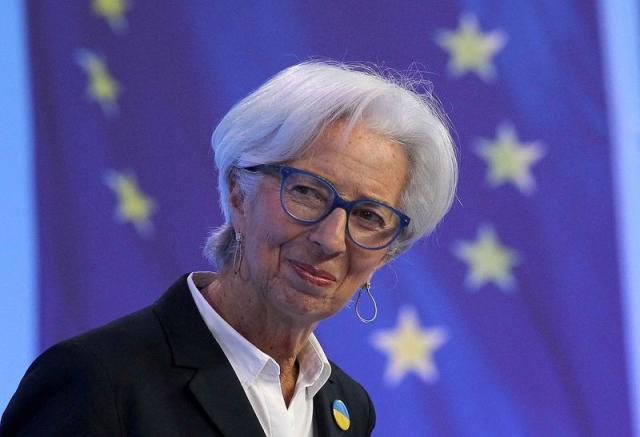The European Central Bank (ECB) has recently announced its focus on ensuring the smooth functioning of financial markets. This decision comes amid ongoing economic uncertainties and market fluctuations.
The ECB, responsible for monetary policy in the Eurozone, plays a crucial role in maintaining economic stability. It monitors the health of financial markets and takes necessary actions to prevent disruptions. The bank’s latest announcement highlights its commitment to market stability.
Importance of Market Functioning
Financial markets are vital for the economy. They facilitate the flow of money between investors, businesses, and governments. When markets function well, it leads to efficient allocation of resources. This supports economic growth and stability.
However, when markets face disruptions, it can lead to negative consequences. These include increased borrowing costs, reduced investment, and economic instability. The ECB’s attention to market functioning is, therefore, essential.
Current Economic Context
The announcement by the ECB comes at a time of economic challenges. The Eurozone is experiencing moderate economic growth. Inflation rates are fluctuating, and there is uncertainty in global trade. These factors contribute to market volatility.
Moreover, geopolitical tensions and the aftermath of the COVID-19 pandemic continue to impact economies worldwide. These uncertainties make it even more crucial for central banks to ensure market stability.
ECB’s Role and Actions
The ECB uses various tools to maintain market stability. One of its primary tools is setting interest rates. By adjusting interest rates, the ECB can influence borrowing costs and spending in the economy. Lowering rates can stimulate economic activity, while raising rates can help control inflation.
Another tool is asset purchase programs. Through these programs, the ECB buys government and corporate bonds. This increases liquidity in the markets and supports lending and investment.
The ECB also engages in communication strategies. By providing clear guidance on its policies and outlook, the bank helps reduce uncertainty. This, in turn, supports investor confidence and market stability.
Recent Measures
In recent months, the ECB has taken several measures to support market functioning. It has kept interest rates at historically low levels. This is aimed at encouraging borrowing and investment. The bank has also continued its asset purchase programs. These actions provide liquidity and support economic activity.
The ECB has emphasized its readiness to act if needed. It has stated that it will use all available tools to ensure market stability. This includes adjusting its policies as economic conditions change.
Market Reactions
The ECB’s announcement has been well-received by markets. Investors see it as a sign of the bank’s commitment to stability. This has led to positive reactions in financial markets. Stock prices have shown resilience, and borrowing costs remain low.
Market analysts believe that the ECB’s actions will help support economic recovery. They highlight the importance of central bank interventions in maintaining market confidence.
Looking Ahead
The ECB’s focus on market functioning is expected to continue. The bank will closely monitor economic developments and market conditions. It will be ready to take further actions if necessary.
For the Eurozone economy, the ECB’s attention to market stability is a positive sign. It provides reassurance to investors, businesses, and consumers. This support is crucial as the economy navigates through uncertain times.
In conclusion, the ECB’s commitment to ensuring the proper functioning of markets is vital for economic stability. Through its policies and actions, the bank plays a key role in supporting the economy. As challenges persist, the ECB’s vigilance will be essential in maintaining market confidence and stability.








